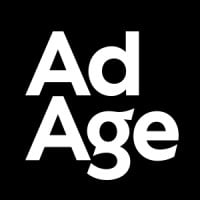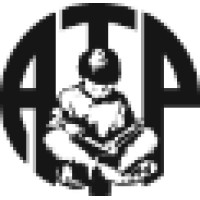
Ad Age
Ad Age, a Crain family brand, is a daily must-read for an influential audience of decision makers and disruptors across the marketing and media landscape. Created in 1930 to cover a burgeoning industry with objectivity, accuracy, and fairness, Ad Age continues to be powered by award-winning journalism. Today, Ad Age is a global media brand focusing on curated creativity, data and analysis, people and culture, and innovation and forecasting. From vital print editions to must-attend events and innovative platform offerings, its industry-leading offerings include the coveted A-List & Creativity Awards, Ad Age Small Agency Conference & Awards, and proprietary data such as the Leading National Advertisers Report from the Ad Age Datacenter.






